Specifically, the report of
the Ministry of National Defense stated that from 2011 to 2015, in the coastal border area of Da Nang City, there were 134 lots and 1 plot of land related to Chinese individuals and businesses that were owned, "hiding" under the ownership and lease of the People's Committee of Da Nang City. The Ministry of National Defense also affirmed that to own land lots in Da Nang City, Chinese people mainly relied on 2 forms: establishing joint ventures with Vietnam and investing money for Vietnamese individuals (mainly Vietnamese of Chinese origin) to buy land.
In fact, the situation of foreigners, especially Chinese people, "hiding behind" to acquire real estate in prime locations has been reflected by public opinion for a long time.
The Ministry of Public Security , when responding to voters of Da Nang City in 2019, also affirmed that there is still a situation of Chinese businesses and individuals "hiding behind" Vietnamese people buying and selling real estate in coastal areas to change the purpose of use to commercial land, acquiring beautiful land locations, centers... However, answering questions at the mid-2018 National Assembly session on this issue, Minister of Natural Resources and Environment Tran Hong Ha affirmed that he had not seen the phenomenon of foreigners buying land in Vietnam, because the Land Law does not allow it. At that time, Mr. Ha also asked delegates (DBs) to report to him if they saw foreigners buying land.
How did the Minister check and supervise?
Speaking with Thanh Nien reporter, Deputy Pham Van Hoa, member of the National Assembly 's Law Committee, affirmed that the issue of foreigners, including Chinese people, "hiding behind" to own prime, important, and beautiful land in localities has been a burning issue in public opinion for a long time, but this is the first time a competent authority has released official information. From there, Mr. Hoa said that in this story, there is a great responsibility of the Ministry of Natural Resources and Environment - the agency assigned to manage the state on land.
“The response of Minister of Natural Resources and Environment Tran Hong Ha is based on the Land Law, which does not allow foreigners to buy or own land in Vietnam. However, with the responsibility of being the minister of a ministry assigned to manage land and resources, when voters and deputies reflect, the Minister should take note and immediately affirm that there is no such phenomenon, which is not accurate,” Mr. Hoa stated.
Dr. Le Dang Doanh, former Director of the Central Institute for Economic Management, frankly said: “The report of the Ministry of National Defense has clearly shown that there are Chinese people buying land under the guise of buying land. Now, can the Minister of Natural Resources and Environment publicly explain to the people? As the head of the Natural Resources and Environment sector, representing the Government in managing the land sector, where is the responsibility for inspection and supervision when it is not detected?” Mr. Doanh also said that, as the head of the agency assigned to manage land, the Minister of Natural Resources and Environment should have asked the functional unit to inspect and supervise to grasp the situation instead of answering so hastily before the National Assembly.
According to economic expert Nguyen Tri Hieu, as a minister, answering "no foreigners have bought land" is not enough responsibility. "The Ministry of National Defense has reported very clearly, this situation has been happening for several years, not just recently. So how do you manage, supervise, and inspect? A piece of land is not an ant or a needle, so why say you don't know or see it?", Mr. Hieu said.
Need to review on a large scale
Regarding solutions, Major General Dang Ngoc Nghia, Standing Member of the National Assembly's Defense and Security Committee, said that individuals and organizations owning land in prime locations need to be reviewed.
“Not only China but also other countries, the law must be strictly enforced. The National Defense Law stipulates that even residential land, business establishment, and investment must have the opinion of the local military agency. Investments by domestic enterprises must have their documents appraised to see if there are opinions related to the National Defense Law,” Mr. Nghia said, warning that some foreign investors investing in Vietnam may have other purposes besides economic purposes. “Like in Hai Phong, Cam Ranh (Khanh Hoa), sensitive military areas, there may be many purposes, not simply economic. People in the house, the homeowner must have a firm grasp to manage, not prohibit because we are opening the economy. If there is a loophole in the law, it must be solved,” Mr. Nghia noted.
Economist Nguyen Tri Hieu analyzed: Currently, although there are regulations limiting capital contribution ratios in important fields and sensitive projects, foreigners, mainly Chinese, still circumvent the law to buy, sell, and acquire. This issue leaves many consequences, extremely dangerous to national sovereignty and security. "We need to tighten immediately, make a list of projects and fields related to national security, it is important to limit capital contribution ratios. Before granting investment licenses, we must carefully review and evaluate, and seek the opinion of the Ministry of National Defense," Mr. Hieu said.
https://thanhnien.vn/nguoi-trung-quoc-nup-bong-mua-dat-trong-yeu-bo-truong-chua-lam-het-trach-nhiem-185958516.htm


![[Photo] Solemn opening of the 12th Military Party Congress for the 2025-2030 term](https://vphoto.vietnam.vn/thumb/1200x675/vietnam/resource/IMAGE/2025/9/30/2cd383b3130d41a1a4b5ace0d5eb989d)
![[Photo] Panorama of the cable-stayed bridge, the final bottleneck of the Ben Luc-Long Thanh expressway](https://vphoto.vietnam.vn/thumb/1200x675/vietnam/resource/IMAGE/2025/9/30/391fdf21025541d6b2f092e49a17243f)
![[Photo] President Luong Cuong receives President of the Cuban National Assembly Esteban Lazo Hernandez](https://vphoto.vietnam.vn/thumb/1200x675/vietnam/resource/IMAGE/2025/9/30/4d38932911c24f6ea1936252bd5427fa)
![[Photo] General Secretary To Lam, Secretary of the Central Military Commission attends the 12th Party Congress of the Army](https://vphoto.vietnam.vn/thumb/1200x675/vietnam/resource/IMAGE/2025/9/30/9b63aaa37ddb472ead84e3870a8ae825)

![[Photo] The 1st Congress of Phu Tho Provincial Party Committee, term 2025-2030](https://vphoto.vietnam.vn/thumb/1200x675/vietnam/resource/IMAGE/2025/9/30/1507da06216649bba8a1ce6251816820)
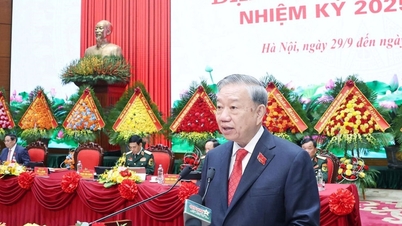



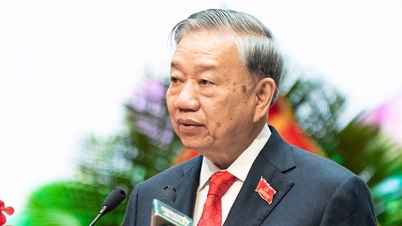







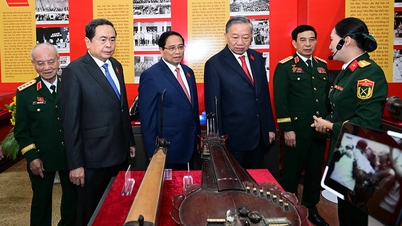

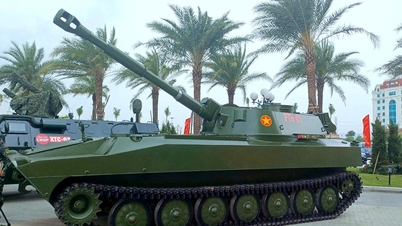
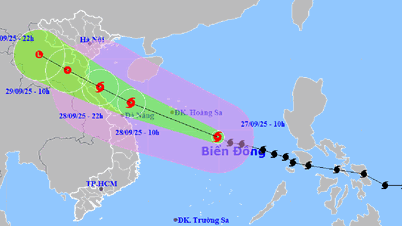
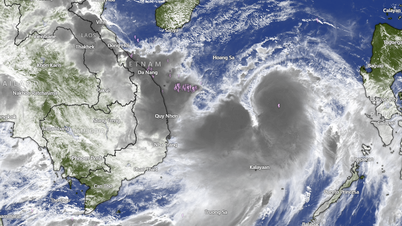





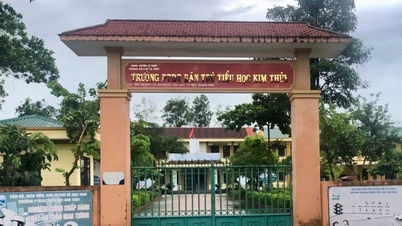
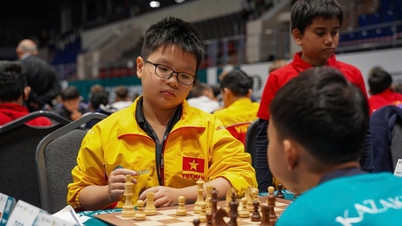

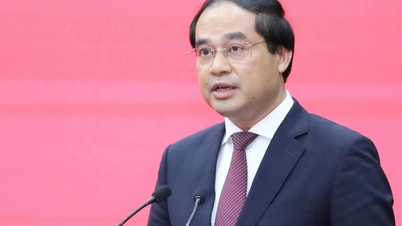

































































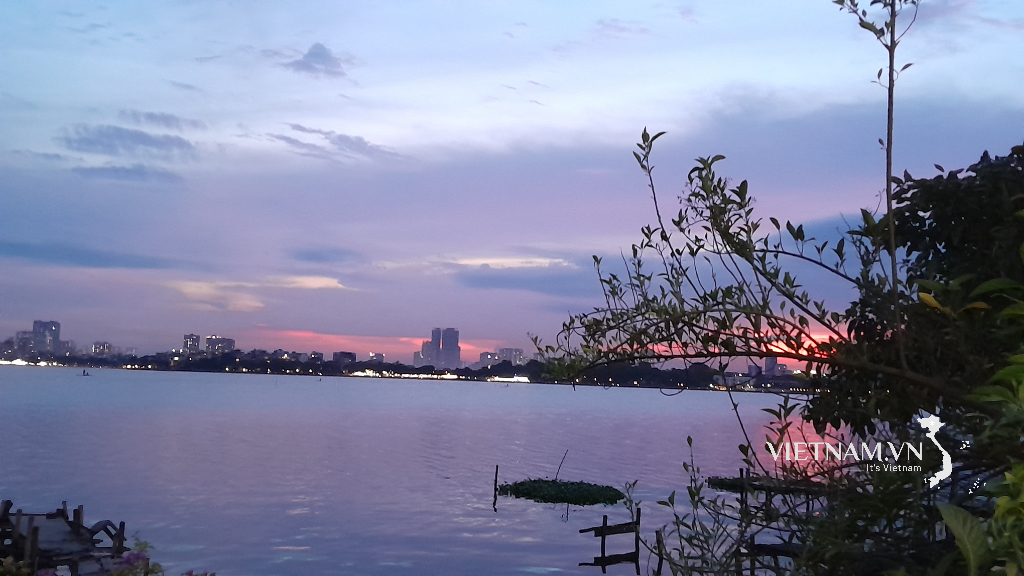


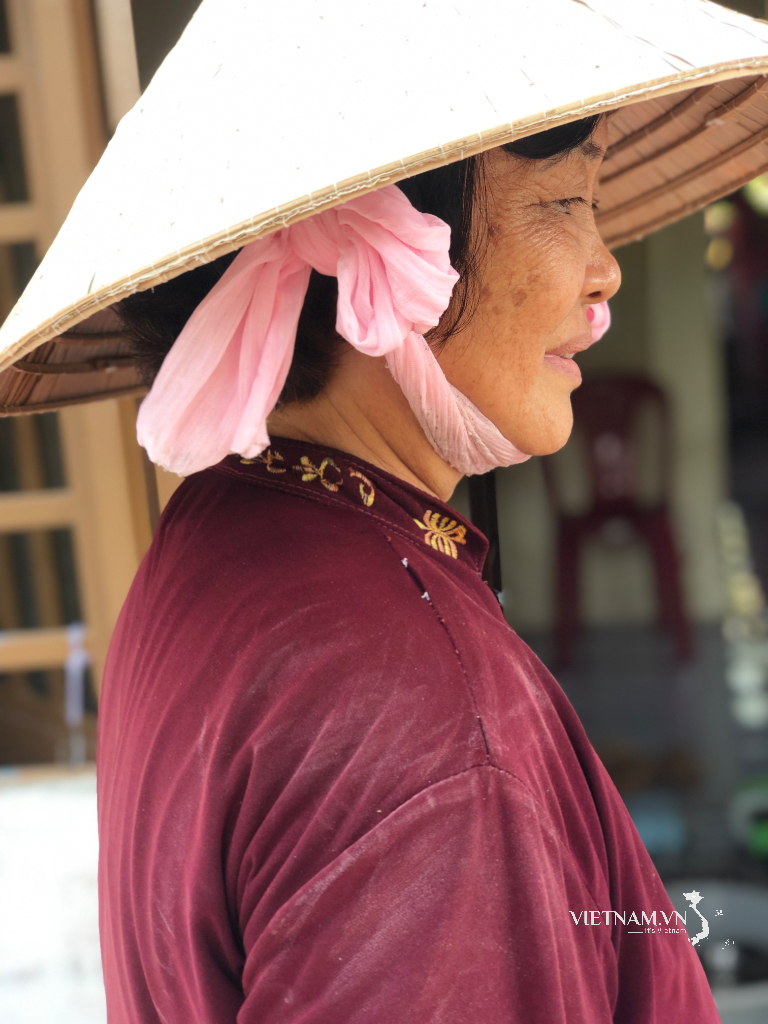
Comment (0)